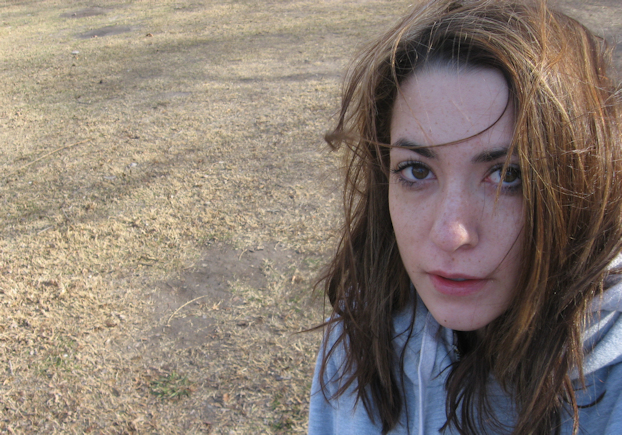
My memoir, Hope and Other Luxuries, tells about my attempts to cope with my daughter Elena’s anorexia nervosa. But it also tells the story of my creative life from the beginning of my writing career. I’ve decided to share those sections of my memoir that deal with creativity, writing, and publishing here on my blog.
This excerpt starts on page 419. A few days before this episode, Elena had cut herself badly, and she and I had reached a real low point in our relationship. Then, the day this episode took place, Elena and I attended Family Day at her eating disorder treatment center. The programs there opened my eyes to how much I didn’t know about anorexia nervosa and about my own daughter.
Elena and I drove home in silence. My head hummed and whirled with all the new information I’d learned. I thought of my earlier decision: I’m done! She’s a closed book. I thought of how I had thrown up my hands and told myself that no one could understand my daughter.
But that was the coward’s way out. Understanding was possible.
It had to be possible—because it was necessary.
But how? I had tried, hadn’t I? I’d tried, and I’d failed. Elena and I didn’t talk anymore. We’d lost the energy to talk.
How could we bridge the gulf between us?
Understanding. My brain knows only one way to get to understanding. When I have a question I can’t answer, I write a story. I watch my characters, and I learn from what they do. Over the years, my characters have taught me many things I’d never even begun to guess before working with them.
And Elena has the mind of a writer, too.
Since the Summer from Hell, Elena had wanted to write a memoir about her anorexia. She’d asked me every few months if I would help her. Each time, I had told her no, that this was her story to tell, not mine.
But was that really what was behind my no?
Wasn’t I really just pushing all this away? Wasn’t I just refusing to get involved? My telling her to write the story herself was a way of saying (to myself, at least): This isn’t my problem. This is somebody else’s problem. And I have problems of my own.
Now, as I drove, I turned my mind to look at my characters, one by one. Paul, my werewolf woodcarver, pale and sick with his deadly contagion, afraid for those around him. Kate, plucky and serious, determined to figure out a way to vanquish goblins. Poor little Izzy, the ghost without eyes who had been my wayward daughter Valerie. Martin, whose adventures had gotten tangled up in my own unhappy life.
As I’d written about them, I’d learned things that no one else around them knew. I’d discovered things—all kinds of things—that even they didn’t know. I loved all my characters, even in their weakest moments. Even the villains had a chance to tell me their side of the story.
Had I been denying my own family this same closeness?
Elena and I reached the orphanage, and I parked the car in the horseshoe-shaped driveway. It was going to be a busy night here. There was only one spot left. In silence, Elena and I walked past grandparents talking on their cell phones, past a father pacing the hall with his fretful baby, past a trio of children running by with dollar bills in their hands to feed into the vending machine.
I unlocked our door. Elena walked in and dropped her backpack by her bed. “I’m glad that’s over!” she muttered, stretching.
I was still standing by the door.
I should say it, I thought. But it was going to be hard—I could see that already. It would be harder than anything I’d ever tried. Maybe I couldn’t do it. Maybe I didn’t have enough of the gift.
And what would be the cost if I failed?
But then again, what was the other option? Keeping my head in the sand? Protecting myself? Leaving my own daughter to carry her burden of stress and pain while I played with my imaginary friends?
“Elena,” I said, and there was something in my tone that made her stop and look at me. Probably I sounded like I was about to deliver one of those “mom” pronouncements that make children want to roll their eyes. Yes, that must be it because I could see Elena’s face falling into her polite, distant mask.
And I thought, I do not see how this is going to work.
“Elena,” I said, “you’ve asked me to help you write a book about your eating disorder. If you still want me to help you, I will.”
Text copyright 2015 by Clare B. Dunkle; text courtesy of Chronicle Books. Photo of Elena a few days after her miscarriage copyright 2009 by Elena Dunkle. To read my latest blog posts, please click on the “Green and Pleasant Land” logo at the top of this page.
